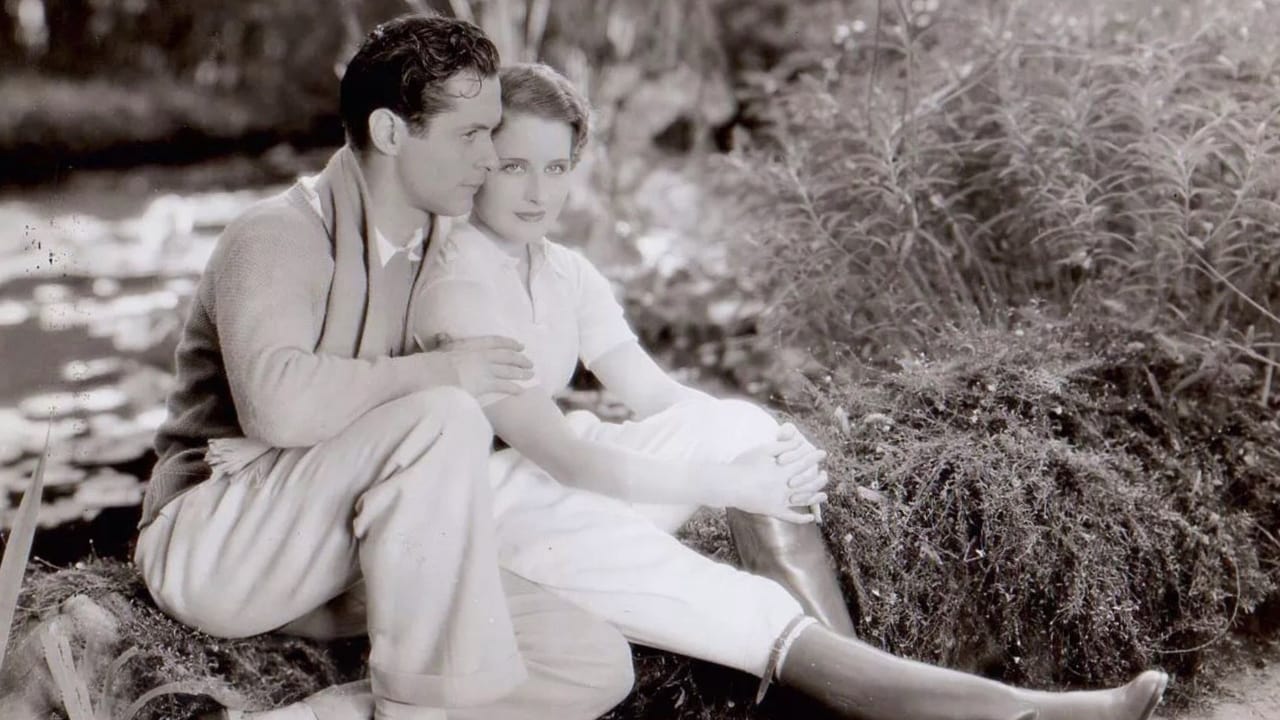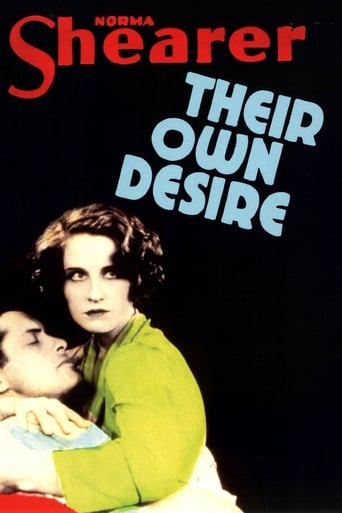

Slow pace in the most part of the movie.
... View MoreInstead, you get a movie that's enjoyable enough, but leaves you feeling like it could have been much, much more.
... View MoreIt's entirely possible that sending the audience out feeling lousy was intentional
... View MoreOne of the best movies of the year! Incredible from the beginning to the end.
... View MoreThe plot is pretty simple and this 65 minute film is in general pretty average, with one exception – Norma Shearer, who is so charming I rounded my review score up a bit. She's the epitome of the 1920's flapper – playful, adventurous, and in control of her own destiny. She's also smart, sexy in a natural way, and has an infectious laugh – truly a delight to watch. She plays the spunky daughter of a couple who divorce, and later finds herself unknowingly falling in love with Robert Montgomery, the son of her father's new wife, setting up inner conflict. I love how we see her character playing polo, diving from a high board, and canoeing in a storm – and also how we see her romantic, and in control of how far she wants to take things. She occasionally overacts but is so natural and spontaneous otherwise that I'm not surprised she was nominated for an Oscar for her performance.
... View MoreLally (Norma Shearer) is happy. However, her world is turned upside down when her father (Lewis Stone) leaves her mother and remarries. She is now completely sour about love. Unexpectedly, however, she later meets Jack (Robert Montgomery) and is smitten with him...only to learn that she is the son of her father's new wife!! Naturally, this sort of plot is practically impossible to believe and the viewer will need to force themselves to just watch it and suspend their sense of disbelief. If you do, you'll find it a very watchable film BUT also a very mushy and old fashioned one as well. The acting and script are a bit over the top...but the ending is pleasant and the film pretty good for 1929. Certainly not one of Shearer's or Montgomery's best but worth seeing if you are a fan.
... View MoreThis early talkie has a running time of only 65 minutes. No surprise, then, that the story is rather thin. The lead character, Lally (Norma Shearer), is a young woman torn between her love for a man and her allegiance to her mother, who clings to her. Although Lally longs to reach out for personal happiness and to marry Jack (Robert Montgomery), she struggles to overcome her mother's indoctrination against marriage, which is based upon the failure of her own union.Editing is choppy in "Their Own Desire" and the photography provides little beauty that might reflect the love between Lally and Jack. Stronger is the insidious, unhealthy devotion of Lally to her mother.The ending feels false and simplistic, with no real resolution of the conflict. Still, Norma Shearer acquits herself well, showing a range of emotions.
... View MoreI rate this movie highly not because it's all that great but because it's a fascinating piece of movie history. There are no seamless edits - the end of one take often doesn't match up with the beginning of the next. Scriptwise, more is implied than said. In one conversation, Norma Shearer is clearly about to say the word "mistress", but bites her lip and spits out the name of her father's paramour instead. Yet fifteen minutes later she's standing in a slip while brushing her hair, and her nipples are clearly outlined through the fabric. Shocking, I tell you! My favorite scene was the dance sequence, which features a wonderful, haunting piece of music called "Blue Is The Night" by Fred Fisher.Overall this movie was interesting as an exercise in contrast and comparison with modern films. There are better films from that era - there were probably better films made that week - but I didn't mind spending 65 minutes with these people. I was duly entertained.
... View More